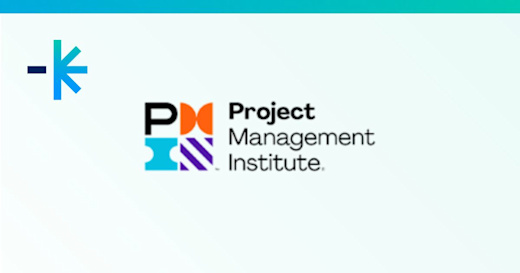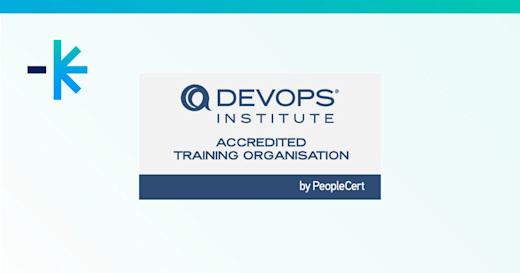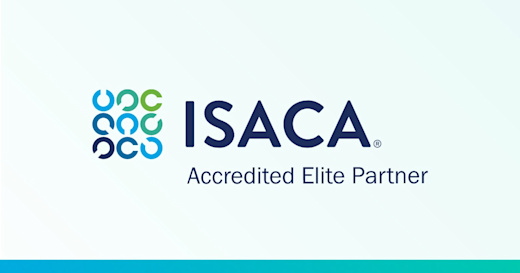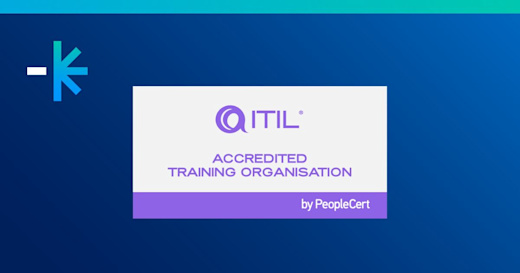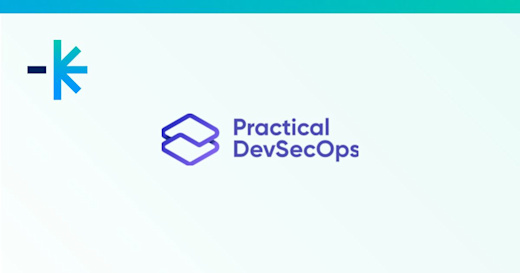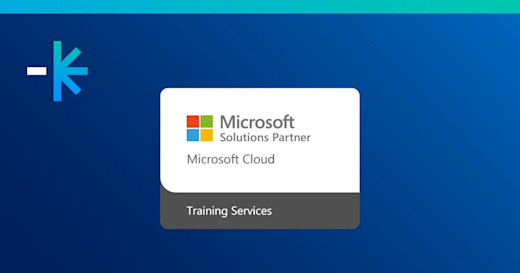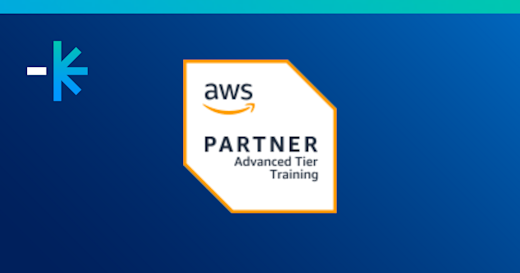The countdown to the end of the financial year is on. But with a challenging environment for budgets, leaders need to pay close attention to training initiatives – how they’re designed and executed and how to maximise existing resources.
You don't need to be a financial consultant to feel the impact of inflation and interest rates on the economy over the past 12 months. Individually, the average consumer's purchasing power has been reduced. And on the organisational level, businesses of all sizes are rethinking their investments, including their allocation for training and certification.
But we must keep up with the ever-changing technology landscape. The increased risk with cyber-crime, digital security and the development of AI and machine learning. A report by the Technology Users Association of New Zealand (TUANZ) found that New Zealand currently ranks:
42nd in the world for overall access to technology
56th on cybersecurity
62nd for high-tech exports
69th in medium and high-tech manufacturing
The risks of not upskilling your organisation in these capabilities could far outweigh the cost.
To balance the need for upskilling with managing expenses, you can look to frameworks like SFIA to determine the required competencies for your organisation and how these are provided by training and certifications. You can also review your skilling strategy to identify opportunities to stretch out your training budget through vendor offers like prepaid training and support.
How to get ready for the end of the financial year
This current end of the financial year, in particular, requires that leaders in charge of developing tech talent take extra care. Here are a few things you can investigate to make sure you’ve dotted your i's and crossed your t’s when it comes to your training budget plan. We want to clarify that this is not tax or financial advice but that you should have a conversation about it with your finance team or accountant.
Confirm that you've processed all of your training invoices.
Review the usage of your training budget.
Has it been allocated well?
How do you set up for success next financial year for more accurate allocations?
How do you invest to make the business more competitive?
Review performance vs. goals.
As EOFY is also the halfway point of the calendar year, it is time to review the goals you've set and how you're tracking. Are there roadblocks that could be addressed by redirecting training efforts?
Review your inventory, including your inventory of skills using frameworks like SFIA.
Review movements within your organisation.
Have you purchased or disposed of any training assets like videos and course content?
Have people with the required skills transferred out, and do their replacements need to be onboarded and trained?
Is there compliance training required for new staff?
Research and apply for possible tax deductions for upskilling.
Can you claim education and training charges on tax claims? Generally, you can check the IRD for tax claims on self-education expenses for individuals or business upskilling expenses. But we recommend you confirm this with your accountant.
Explore opportunities to maximise your budget with vendors.
Review your entire needs together. Ask about group training, tailored sessions to tackle your skills gap or discounts when looking at large-scale training plans.
Consider upskilling beyond sending someone to an instructor-led class, like self-paced learning options.
Work with an authorised training partner of technology vendors and use your buying power to get better discounts.
Ask about offers or pre-paid pricing.
The 2023–24 NZ Government Budget
New Zealand's Budget 2023 aims to lay the groundwork to seize opportunities for people and businesses to build a high-wage, low-emissions economy. The economic plan identifies five broad areas of effort that include:
unleashing business potential to facilitate innovation and deliver the productivity gains required to build a high-wage, low-emissions economy
strengthening international connections to enhance our flows of knowledge, capital, and skills with the world and build on our existing and emerging sectoral strengths
increasing capabilities and opportunities by delivering quality education, training, and upskilling in partnership with businesses and communities
supporting Māori and Pacific aspirations to leverage their unique strengths and potential through inclusive, mana-enhancing partnerships that, in the case of Māori, honour the Treaty, and
laying strong foundations that support public and private investment in quality, future-focused infrastructure and institutions.
How to maximise your training budget?
Lumify lets you extend your digital skills training allocation with a prepaid sale for the end of the financial year. Payment must be received before 30th June 2023. Prepaid must be used within 12 months, at which point any balance will be lost. Extra credit cannot be redeemed for private courses or Lumify Work reseller courses.
Prepaid training helps you:
Optimise your training request and approval processes with only 1 training purchase per year, reducing the back-and-forth of reviews.
Do away with having to identify upfront all the courses your team will take throughout the year.
Have agility and flexibility to book courses for your team as they become available, as the value emerges for projects, as the organisation's focus changes or as more detail emerges about market trends.
Communicate to your employees that an investment has been made in their career development.
Take advantage of savings.
View more Lumify course offers and promos to find support for your upskilling goals.
Your team can access courses through the Lumify Anywhere platform that supports your schedule and logistical needs – instructor-led or bootcamps. You can also sit instructor-led training virtually or at one of our campuses in New Zealand in Christchurch, Wellington and Auckland.





